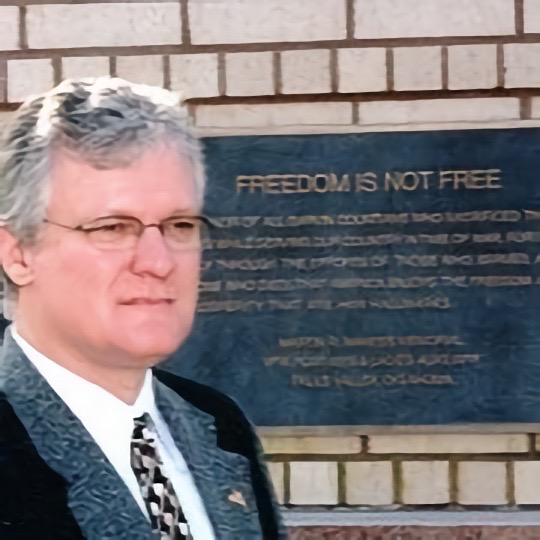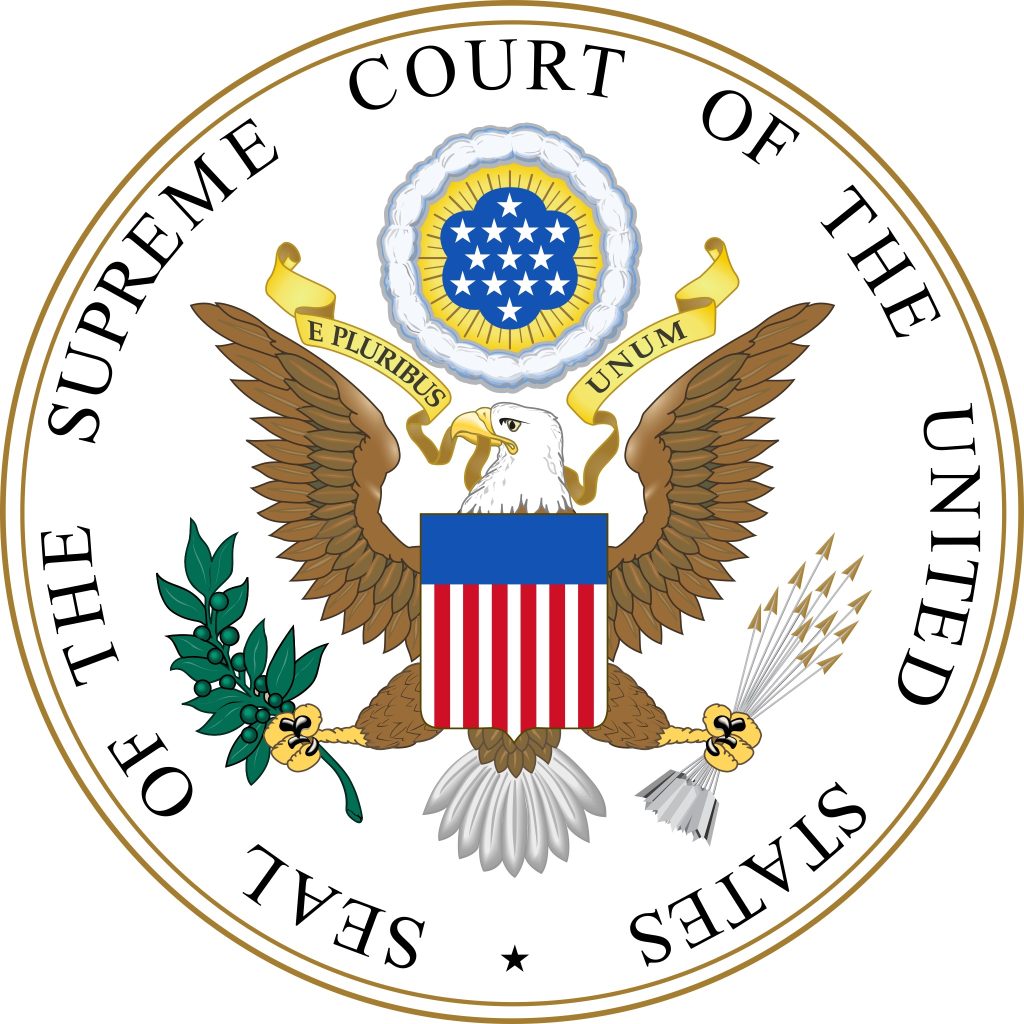On 19 January 2018, in a case that garnered international attention, Benjamin Lawrence Petty of Spencer, Oklahoma pleaded guilty to raping and sodomizing a 13-year-old girl at the Falls Creek Baptist Conference Center, a church-run summer camp, and in accordance with a negotiated plea agreement was sentenced to 15 years on probation. Petty is legally blind and suffers from Type 1 diabetes, erectile dysfunction, diabetic neuropathy, and fecal incontinence.
As part of his probation, Petty was compelled to attend a program of sex offender therapy and submit to polygraph “testing.” In Oklahoma, such sex offender therapy programs typically require participants to confess to the crimes for which they have been convicted. However, Petty maintained that he did not, in fact, commit such crimes, averring that he only pleaded guilty because he feared dying in prison if he rejected the plea agreement.
On 14 February and 14 May 2019, Petty submitted to two polygraph examinations conducted by James R. Kelly regarding the crimes to which Petty had pleaded guilty. On both occasions, Kelly opined that “[s]ubject was attempting deception when he answered the relevant questions…”
On 23 October 2020, in a hearing where the results of Petty’s polygraph examinations were admitted as evidence, Oklahoma district judge Dennis Morris revoked Petty’s probation and sentenced him to 15 years in prison because he allegedly failed two polygraph “tests” and denied having committed the crime for which he was on probation. In so doing, Judge Morris rejected Petty’s request for additional time in order to secure the testimony of AntiPolygraph.org co-founder George Maschke, who had prepared a pro bono written “Critique and Evaluation” of the polygraph examinations conducted by Kelly.
On 15 November 2020, The Oklahoman published an investigative report by Randy Ellis that casts doubt regarding Petty’s guilt and, indeed, raises the question of whether the crimes to which he pled guilty occurred at all. Ellis reported, among other things:
The alleged victim initially told two girlfriends at the church camp that she had sex with Petty. The girlfriends reported it to a female sponsor, according to a sheriff’s department affidavit that was used to obtain an arrest warrant.
When the alleged victim initially was questioned about the allegation, she denied anything happened, but admitted she told the girls she committed sexual acts with Mr. Petty in her cabin, according to a Department of Human Services report.
She again denied that a sexual incident had occurred when questioned by a licensed professional counselor, the arrest affidavit indicates.
Those statements conflicted with witness statements written by the alleged victim’s girlfriends.
Petty was a camp cook who performed a fire spinning entertainment act for campers.
One of the girlfriends wrote that the alleged victim told her that Petty offered to show her “a few tricks.”
“Then she said he took her to his room,” the girlfriend wrote. “She said he tied her hands behind her back, but she said it was consensual.”
The alleged victim described an alleged sex act with Petty involving digital penetration and stated “she liked it,” the girlfriend stated.
The girlfriend wrote that she “knew it was going to happen” because the alleged victim had previously written “fantisies (sic) of her and Ben having sex” in another friend’s journal.
The girlfriend also wrote that the alleged victim might be “pregnant with her boyfriend’s child,” but that she was breaking up with her boyfriend because “Ben is the guy for me.” That conversation occurred the day before the alleged assault, the girlfriend wrote.
Although the alleged victim denied having sex with Petty in her initial interviews with adults, hours later she told a church youth pastor that Petty had raped her, according to the sheriff’s department affidavit.
The alleged victim’s family went on to file a lawsuit against the Baptist General Convention of Oklahoma that was ultimately settled for an undisclosed amount.
Petty appealed the revocation of his probation to the Oklahoma Court of Appeals. In this appeal, Petty was represented by attorney Kimberly D. Heinze of the Oklahoma Indigent Defense Service. Heinze obtained from Maschke a revised and expanded critique of the polygraph examinations conducted by Kelly.
Details that emerged during Maschke’s review led him to file a complaint against polygraph operator James R. Kelly with the Oklahoma Polygraph Examiners’ Board on 5 July 2021. Kelly had alleged to Oklahoma Indigent Defense Service investigator Kathy Karmid that he “does not keep, and has no computerized data, notes, hand scoring of polygraph charts, no recordings of any kind and no additional file” and further “stated that he does not even write down the questions he asks.” All this, if true, would constitute a gross violation of Title 560, Chapter 10 of the Oklahoma Administrative Code, which requires that “[t]he examiner shall maintain on file for at least two (2) years all physical and/or electronic records, including audio and video tapes, papers, discs, polygraph charts, consent to examination forms, notes, question lists and reports of polygraph examinations conducted.”
Despite this, on 15 October 2021, the Oklahoma Polygraph Examiners’ Board absolved Kelly of any violation of the polygraph rules. If Kelly actually did maintain all required records of his polygraph examinations of Benjamin Petty, then it appears that he willfully lied to a state official in order to obstruct Petty’s defense.
On 13 December 2021, the Innocence Project filed for leave to file a 15-page amicus curiae brief (a copy of which has been obtained by AntiPolygraph.org) in support of Petty’s appeal. In this brief, the Innocence Project, argues, among other things (at pp. 7-8):
Given the inherent unreliability of polygraphs, and considering that polygraph results have been deemed too unreliable to be admitted in criminal trials, such evidence should similarly be barred in any case that implicates liberty interests. Here, the court’s error in admitting this evidence was exacerbated by its refusal to allow Mr. Petty to call an expert witness to challenge the polygraph results. The court’s denial of Mr. Petty’s request for a brief continuance effectively prevented him from subjecting the polygraph evidence to a rebuttal—resulting in his incarceration. This represented a gross violation of Mr. Petty’s procedural due process rights and rendered the results of his revocation hearing fundamentally unfair…. Thus, the Innocence Project respectfully urges this Court to vacate and/or reverse the full revocation of Mr. Petty’s suspended sentence.
On 9 June 2022, the Oklahoma Court of Appeals in a summary opinion rejected Petty’s appeal of the revocation of his probation, declining to consider Maschke’s written report and denying the Innocence Project’s request for leave to file an amicus curiae brief. In short, the Court of Appeals held that Petty’s insistence that he had not in fact committed the crimes to which he pleaded guilty was sufficient ground for revoking his probation.
On 23 August 2022, Benjamin L. Petty, acting pro se, filed a petition for a writ of certiorari and motion for leave to proceed in forma pauperis with the United States Supreme Court. The case has been assigned Docket No. 22-5468. In his hand-written petition, Petty presents six questions to the court, the first five of which concern polygraph policy:
Question I:
Does requiring a defendant to be a witness against himself during polygraph exams, a special condition of probation, violate due process and the Constitution of the United States of America?
Question II:
Can a defendant’s denial that he committed the crime during “sex-offender polygraph testing”, a requirement of probation, be considered grounds for revocation?
Question III:
Can a polygraph report be entered as evidence in support of revocation?
Question IV:
Can a polygrapher’s report be entered as evidence without the author of the report being present for cross-examination?
Question V:
Does the denial of a continuance, for adequate time to prepare a defense in opposition to polygrapher’s report, result in state-induced ineffective assistance of counsel?
Question VI:
Does the trial court have the authority to impose additional rules and conditions of probation, or manditory [sic] post-imprisonment supervision, beyond the scope of the original plea agreement?
The petition goes on to discuss each of these questions at length. Should the Supreme Court grant Petty’s petition, this case could have significant implications for post-conviction polygraph screening programs nationwide.
AntiPolygraph.org welcomes comment regarding this case.
Update: On 31 October 2022, the U.S. Supreme Court denied Benjamin Petty’s petition for a writ of certiorari.



His application to SCOTUS for cert. was shot down. The ruling stands, so a bad case just screwed it for others who might have had better arguments. You can’t plead guilty to the crime and then go to treatment and deny you ever did anything.
I’m not naive to how prosecutors will threaten a person with a significantly longer sentence if they go to trial, but he knew about the requirement for treatment, etc. when he took his plea bargain.
The polygraph didn’t result in his violation of supervision; failing out of treatment is what actually got him.
The denial of Benjamin Petty’s petition for a writ of certiorari is not precedential. It has no bearing on any such petition that another person might in the future file with the U.S. Supreme Court.
It is not clear whether Petty was aware that “treatment” would be a requirement when he accepted the State’s proffered plea agreement. That may be so, but we have seen no documentation one way or the other.
The polygraph was clearly connected with the revocation of Petty’s probation. The State of Oklahoma introduced Petty’s polygraph results as evidence at his revocation hearing, and Oklahoma District Judge Dennis Morris relied on them in rendering his decision.